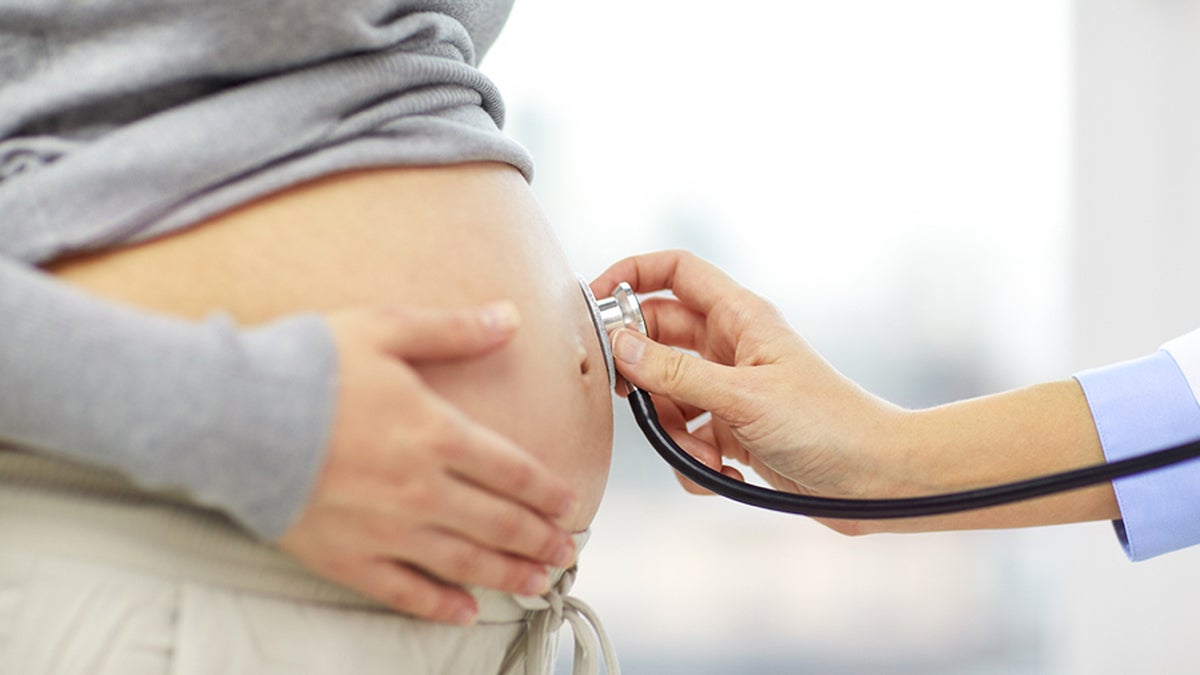Study finds link between autism and high levels of chemicals outlawed decades ago

(dolgachov/Bigstock)
A new study links high levels of certain chemicals once used as insulators and coolants in consumer electronics to increased risk of autism.
The researchers tested archived samples of blood from women who gave birth between 2000 and 2003. They checked the blood for elevated levels of 11 different polychlorinated biphenils, or PCBs, and organochlorine pesticides, or OCPs.
They found that for two PCBs the odds of an autism diagnosis for the child years later could be as much as 80 percent more for women with the highest PCB levels during their pregnancy. “We’re all exposed to these chemicals and results from national surveys demonstrate that they are found in biosamples of the general population almost ubiquitously,” said Kristen Lyall, assistant professor in Drexel University’s A.J. Drexel Autism Institute and the lead author on the study. “So it’s not just whether these chemicals are detected or not in our bodies, it’s the level of which they’re detected which may matter.”
Lyall said she wants to see her results replicated before she sounds the alarm for pregnant women. “This is an association of increased risk, it’s not identification of a cause,” she said. “Autism is a complex condition with many causes and these likely differ for different individuals. So it’s possible these chemicals could be one puzzle piece in some of the cases out there.”
For OCPs, the team found no link to increased diagnoses of autism, but did see a relation to other intellectual disabilities.
The chemicals have been outlawed since the 1970s, but they’re still present in the food chain, primarily in fatty meats and fish caught in polluted waters. Lyall says you can reduce your exposure by steering clear of contaminated areas and avoiding those foods. For years, pregnant women have been advised against eating fish from water with high concentrations of PCBs.
WHYY is your source for fact-based, in-depth journalism and information. As a nonprofit organization, we rely on financial support from readers like you. Please give today.

